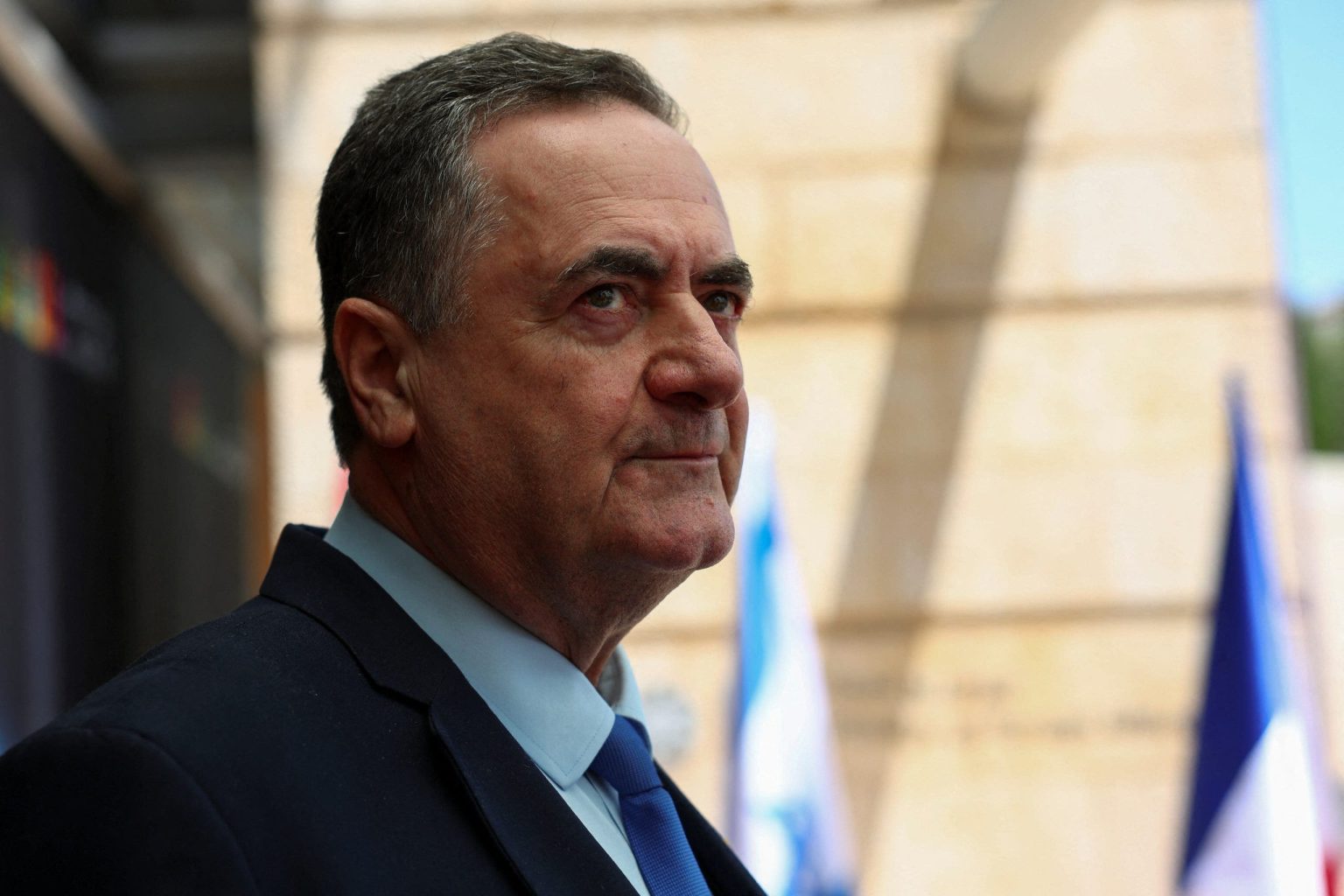Israel’s newly appointed minister of defense claimed that his country has defeated Hezbollah, citing the elimination of the organization’s leader, Hassan Nasrallah, as a significant achievement. Nasrallah was killed in an Israeli airstrike on September 27, along with Hashem Safieddine, who was poised to take control of Hezbollah. The defense minister, Israel Katz, emphasized the need to continue putting pressure on Hezbollah to ensure the fruits of victory are realized. He expressed hope for an international coalition to take advantage of this opportunity, politically, and for Lebanon to normalize relations with Israel.
Following the dismissal of former defense minister Yoav Gallant, Israeli Prime Minister Benjamin Netanyahu appointed Katz as his replacement. This change comes amidst ongoing conflicts with Hamas in Gaza and Hezbollah in Lebanon, as well as tensions with Iran. Gallant stated that his disagreements with Netanyahu centered around issues such as military conscription, hostage releases, and intelligence failures related to prior Hamas attacks. In response to the heightened tensions, Israeli forces carried out airstrikes on Hezbollah targets in Lebanon, targeting the same area where Safieddine was killed the previous month.
Katz emphasized that Israel is not seeking to interfere in Lebanese politics and has learned from past mistakes. He called for capitalizing on the victory over Hezbollah and urged Lebanon to join other countries in normalizing relations with Israel. The minister’s remarks come amid continued hostilities between Israel and Hezbollah, with the latter launching rockets into northern Israel and claiming responsibility for a drone attack on Netanyahu’s residence. The ongoing conflict underscores the challenges faced by Israel in maintaining security in the region.
The elimination of Nasrallah and Safieddine represents a significant blow to Hezbollah, but the organization continues to pose a threat to Israel. The Israeli government is facing multiple fronts in its conflicts with Hamas, Hezbollah, and Iran, highlighting the complex security challenges in the region. Netanyahu’s decision to replace Gallant with Katz reflects a shift in leadership as Israel navigates these ongoing conflicts and seeks to protect its interests. The airstrikes on Hezbollah targets and the retaliation from the organization demonstrate the volatile nature of the situation.
The international community will be closely monitoring the developments in the Israel-Hezbollah conflict, as well as Israel’s efforts to maintain security in the region. The appointment of Katz as defense minister signals Israel’s determination to confront threats from Hezbollah and other hostile entities. The ongoing tensions underscore the need for a diplomatic solution to the conflict and efforts to de-escalate the situation. As Israel continues to face security challenges on multiple fronts, the role of the defense minister will be crucial in navigating these complex dynamics and ensuring the safety and security of the Israeli people.













